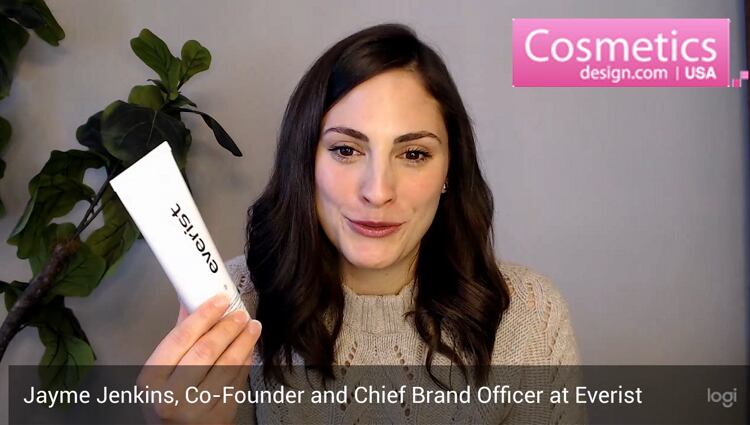Thanks to recent funding and new partnerships with both Mibelle Group and Colgate, LiquiGlide is at a tipping point.
“We are surrounded by liquid products – from food or cosmetics in everyday life to valuable drugs or biologics in industry,” observes Professor Kripa Varanasi, Co-Founder and Chairman of LiquiGlide, in today’s press release about the new funding and partnership deals.
“Until now,” he says, “we've accepted significant waste, whether in manufacturing or in packaging, as part of the price for these products because they stick to containers or devices they touch.”
And he goes on to perhaps overly simplify what the friction-free technology can do in both consumer and industrial applications: “By eliminating friction, LiquiGlide's technology removes this basic constraint. Now, we can dispense every last drop, minimize yield loss in manufacturing, and reduce occlusions and infections in medical devices. Our team is on a mission to change the paradigm across industries to usher in sustainable products and processes as well as improve patient outcomes.”
A slow road to consumer buy-in on friction-free product packaging
It’s not unusual for companies to leverage beauty and personal care products as a way to introduce new technologies and educate consumers about them. LiquiGlide launched in 2012; and in 2014 had consumer survey data showing that beauty shoppers would spend more to eliminate the slack-fill in tubes and bottles and such.
As Cosmetics Design reported in November of 2014, 75% of personal care consumers would change body lotion brands to get more efficient packaging. And nearly as many (69%) admitted to being hesitant to open a new package if any product remained in the pack they were previously using.
Now, as beauty is becoming more transparent and consumers more knowledgeable about the realities of recycling, and that primary packaging must be clean if it even has a chance to be recycled, the LiquiGlide tech may have found its moment in the marketplace.
Aside from the partnership with Mibelle Group, LiquiGlide also announced a partnership with Colgate, which will see the company’s friction-free tech used in a clear tooth paste tube to let consumers see the delightfully satisfying way the tech lets product leave the tube without clinging to the tube walls.
“Our technology has redefined what's possible when working with thick, slow-moving liquids,” boasts Dave Smith, Co-Founder and CEO of LiquiGlide.
“We're already seeing its impact with extraordinary breakthroughs in packaging, manufacturing, and the biomedical industry. As we continue to expand our market presence with our latest partnerships with Colgate and the Mibelle Group,” he says, “we're proud to join forces with global leaders in innovation and consumer goods.”
Friction-free beauty manufacturing and possibility of zero-waste
The newly announced partnership between the Switzerland-based Mibelle group and Cambridge-Massachusetts – based LiquiGlide is, as today’s press release notes, “a pivotal moment for the company.”
This partnership has the LiquiGlide friction technology is helping minimize personal care product manufacturing waste. So far, “using LiquiGlide's CleanTanX technology, the Mibelle Group has reduced the yield loss in its toothpaste manufacturing tanks up to 99%, and seen significant savings in wash water, energy and labor.” And going forward, the company will be using LiquiGlide tech to make other production processes more efficient as well.
Yves Béhar, an industrial designer who is also working with LiquiGlide’s technology tells the press that he sees “an opportunity here for design to leverage new technologies that can completely transform the way we think about the cyclical system of ‘zero waste’—from product design to disposal—to drive responsible consumption.”




